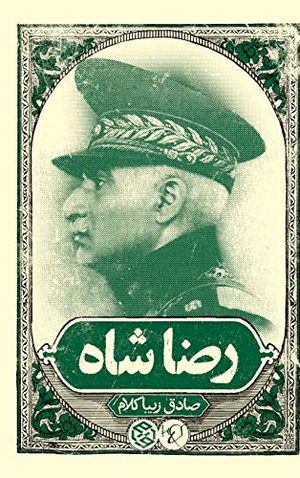Für statistische Zwecke und um bestmögliche Funktionalität zu bieten, speichert diese Website Cookies auf Ihrem Gerät. Das Speichern von Cookies kann in den Browser-Einstellungen deaktiviert werden. Wenn Sie die Website weiter nutzen, stimmen Sie der Verwendung von Cookies zu.
Cookie akzeptieren
Sadegh Zibakalam
Reza Shah
- H&S Media
- 2019
- Gebunden
- 302 Seiten
- ISBN 9781780837635
There are broadly two leading schools of thoughts on Reza Shah in Iran. The first belongs to the period before the Islamic Revolution in 1979, while the second has compiled since the revolution. The first which was propagated mainly by the state and contained in all the books and works of literature which were published during the Pahlavi era, portrayed Reza Shah as a patriotic soldier and a nationalist hero which rescued Iran from the ruin and the destruction which had mainly been brought by the ignorant, selfish and corrupt Qajar rulers. Reza Shah emerged as a hero, rescued Iran from the verge of disintegration and
Mehr
Weniger
zzgl. Versand
in Kürze